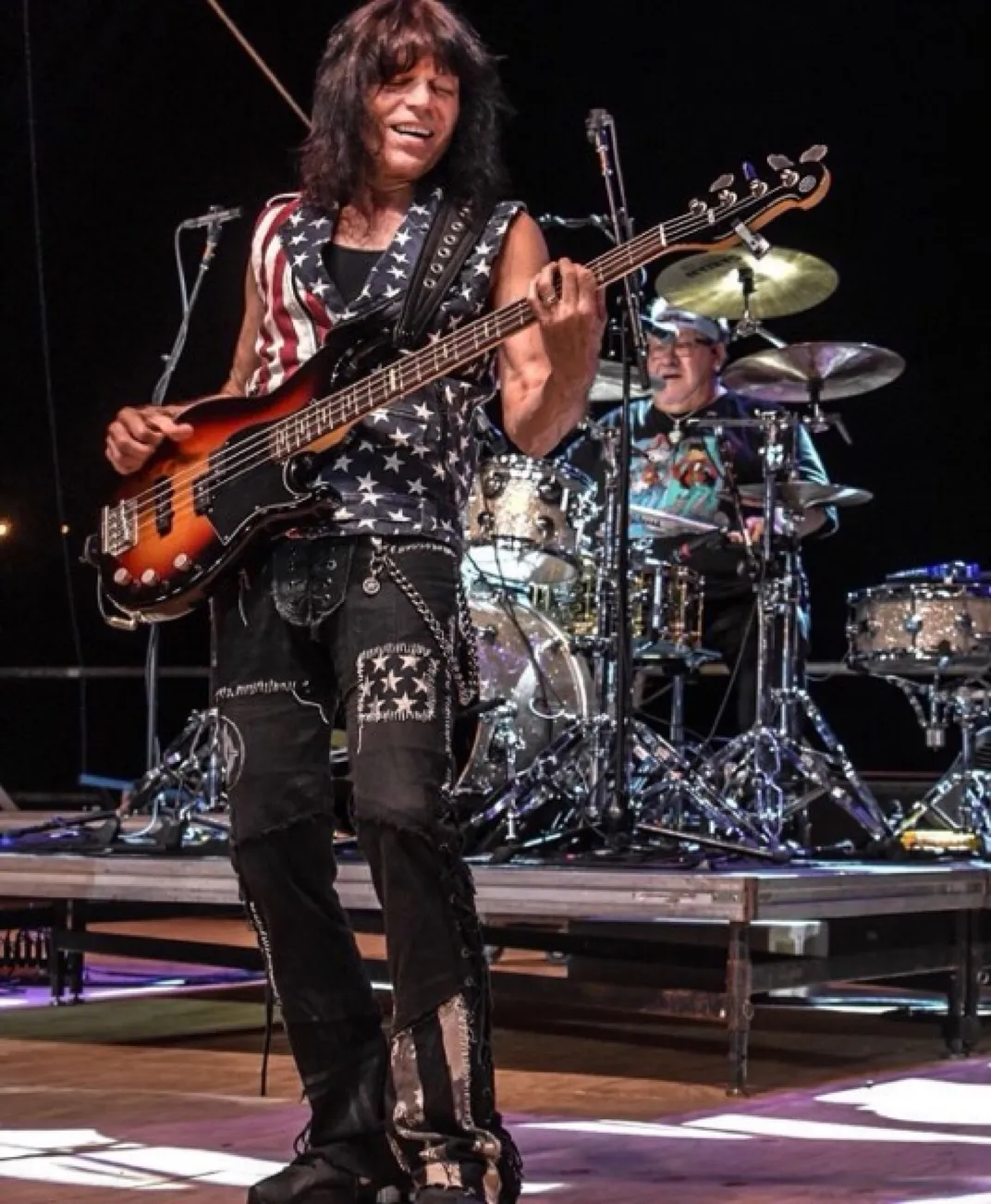“Then a couple of years later, they called us again.”


“Well, if you can follow the lineage of the whole idea, the concept of me joining Whitesnake — Whitesnake was the opening band for Quiet Riot during the ‘Condition Critical’ tour, so I befriended not only David but also the other guys in the band, I also understood that there was conflict within the group…”
“So we get a phone call from the Whitesnake management to go down and meet with them, and they offered us the position to be the rhythm section. This was before the ’87 record was even completely written. This is ’85.”
He added:
“And because I understood that one of the main reasons for the conflict within the group was still in the group. I declined. You know, to go from one situation to joining another one, I just didn’t want any more conflict in my life, so I declined.”
A couple of years later, however, Sarzo found the conditions to be satisfactory, and joined Coverdale’s band:
“Then a couple of years later, they called us again. But this time, the record was done, and they wanted us to come down for the ‘Still of the Night’ video. And as soon as I found out that the conflict was not there anymore, I said, ‘Yeah, okay, now we’re talking.'”
Sarzo’s memories of “Slip of the Tongue”
The following album, as the story famously goes, was riddled with new challenges. Recalling the last-minute changes in personnel and planning that marked the creative process behind “Slip of the Tongue”, Sarzo added:
“It was a great record. It was really interesting because the original intent of the record was more of a bluesy version of what came out once Steve Vai joined the band because we did pre-production with a bit with Vivian, and then Vivian was gone.”
“And then Adrian, who co-wrote the majority of the music with David, got injured during the making of the record. He got injured before his rhythm tracks were done.”
Although admitting that having Vai record the parts that he wrote caused a certain level of frustration, guitarist Adrian Vandenberg said last year that he eventually grew to appreciate what the virtuoso ended up doing on the record:
“It really took a while, especially when I heard Steve’s parts. He’s an amazing player, as we all know. But he sounded so different than what I had in my [mind]. It took a while to get used to it. And at the same time, I’m like, ‘Man, I couldn’t play. So, how great is that a guy of Steve’s caliber plays my songs?’ I gave a positive twist to the whole frustration.”





